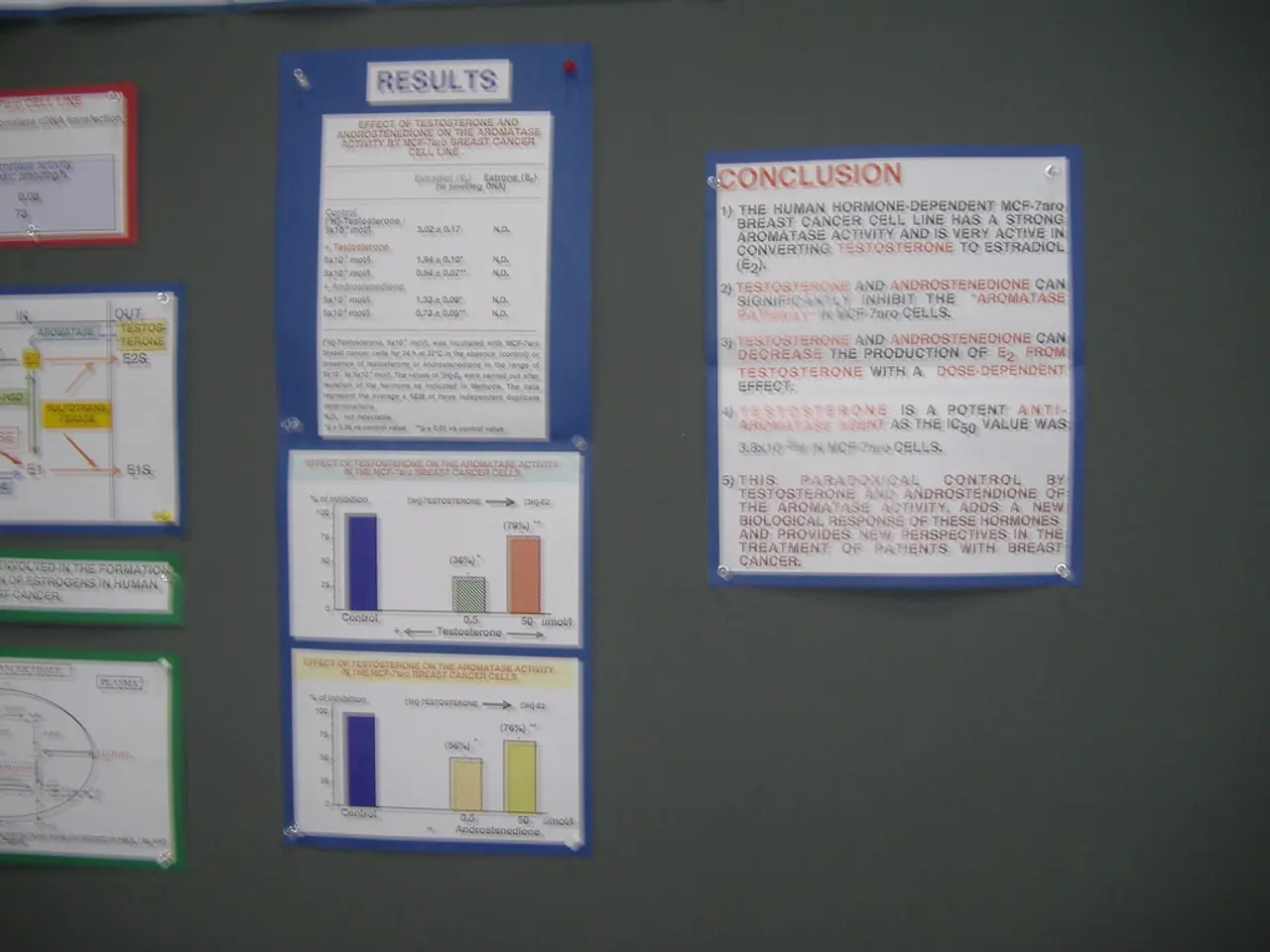Strategies to Accomplish Objectives Successfully
In the pursuit of personal and professional goals, staying motivated and focused can often be a challenge. However, adopting certain strategies can help individuals achieve their objectives more effectively. Here are seven key strategies drawn from management principles that can enhance motivation and goal achievement.
**1. Set SMART Goals**
Defining goals with clarity and precision is essential for success. SMART goals, an acronym for Specific, Measurable, Achievable, Relevant, and Time-bound, provide a structured approach to goal-setting. By setting specific and measurable goals, individuals can track their progress and create a sense of urgency. Ensuring goals are achievable based on available resources and capabilities, relevant to their overall vision, and time-bound, helps to promote focus and accountability.
**2. Foster a Positive Work Environment**
A positive work environment plays a significant role in maintaining motivation and achieving goals. Recognizing and rewarding achievements, promoting a feedback culture, and providing training and development opportunities can boost job satisfaction and performance.
**3. Embrace Adaptability and Agility**
In a rapidly changing world, adaptability and agility are crucial for success. Adaptive planning and implementing agile methodologies allow individuals and organizations to respond effectively to market conditions, promote collaboration, and facilitate swift adaptation.
**4. Leverage Technology and Data Analytics**
Technology and data analytics can help individuals and organizations streamline processes, improve customer satisfaction, and make data-driven decisions. Implementing CRM systems and utilizing analytics can optimize operations and inform strategic choices.
**5. Practice Continuous Improvement**
Continuous improvement is a powerful approach for optimizing processes and driving success. The Kaizen framework, which emphasizes incremental improvements, and encouraging employee feedback can help identify areas for improvement and foster a culture of continuous learning.
**6. Diversify and Hedge Against Risks**
Identifying potential risks and developing strategies to mitigate them is essential for long-term success. Diversifying efforts and investments across different sectors can reduce dependency on single outcomes and help individuals and organizations respond effectively to market changes.
**7. Cultivate External Partnerships**
Forming strategic partnerships with other businesses can leverage mutual strengths and help respond to market changes effectively. These partnerships can provide opportunities for collaboration, idea exchange, and access to new resources.
Starting small, setting time-bound goals with clear deadlines, and sharing goals with a support system can make a significant difference in achieving goals without feeling overwhelmed. Aligning goals with personal ambitions, revisiting the reasons for setting goals periodically, and connecting goals to intrinsic motivations can boost resilience and persistence during challenges. Celebrating small successes along the way, engaging with peers who share similar aspirations, and establishing a clear 'why' can help maintain focus and boost fulfillment. Recognizing and rewarding progress can instill a sense of accomplishment, helping to solidify new habits and encourage individuals to continue aiming for their larger goals.
Defining personal growth and self-development goals using the SMART method can help individuals set achievable and measurable objectives, fostering a sense of progress and motivation. A positive personal environment, created by embracing learning opportunities and celebrating achievements, can also contribute to personal and professional growth by promoting a mindset of continuous improvement and resilience.




